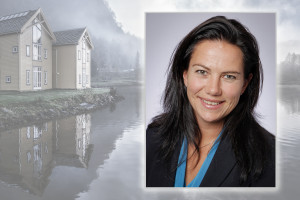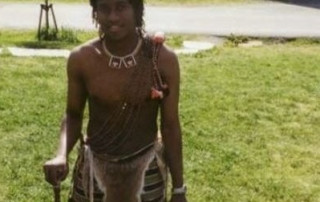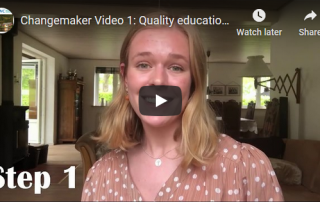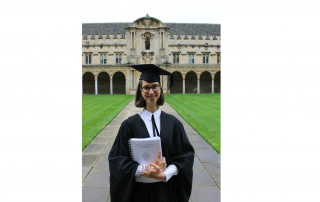Hege Myhre – Rektor

Moving on with Reflection
Please let me extend the most heartfelt welcome to UWC RCN; a place that sets out to create a peaceful and sustainable future by uniting people, nations, and cultures through education. Think of it – a peaceful and sustainable future. It’s a bold ambition, and as one student argued earlier today when discussing cultural change; “yes, this is of course the culture we should create, but realistically we must consider…”
But. So much power in the little word but. A word that can be used to widen our perspectives in a discussion by bringing more arguments to the table. A word that can remind us to critically question our own assumptions and prejudices as we allow reflections to create new understanding. But – there is also another side to the word, as the little but can hinder ourselves reaching full potential by focusing on limitations. Opening the college for close to full operation in the academic year of 2020-2021 is a process full of challenging buts. Admission, travel and settling in procedures in itself encountered closed visa centres, cancelled flights, insurance issues, potential virus exposure during travel, quarantine, use of extra space and resources, extra cleaning, extra shifts for the kitchen, financial loss, etc. And this is even before considering the normal operational services, offering blended learning with both online and face-to-faces services, accommodating for space limitations, guest limitations, etc.
Yet – from our perspective, there was never a but that made us think twice about running the college as close to normal as possible. In fact, these highly unusual times underline the utmost importance of our mission. A collaborative approach for active, global citizenship focusing on sustainability and peace is the only way forward. The encounters with the diverse and resourceful student and staff body will allow us to learn by sharing our experiences, knowledge and understanding. The human resources are deeply embedded in individuals. You do not always see them on a surface level; you have to foster environments where people show themselves from within. And this is what we set out to do at RCN. Together we are aiming to create a collectively robust community who will use our energy, compassion, competence and the ability to see the positive use of ‘but’ in order to overcome future obstacles, whether it be the handling of pandemics or other profound challenges of the future.
In this academic year of 2020-2021 at UWC RCN ‘but’ will not be used to indicate what is not possible, but a tool for reflective practices as we seek enhanced possibilities and new achievements.
Sincerely, Hege Myhre, Rector



